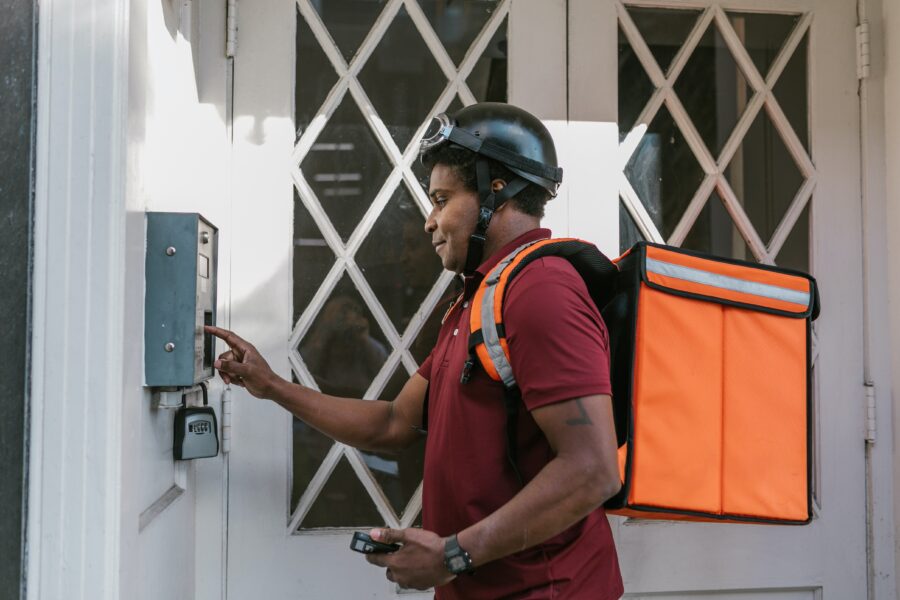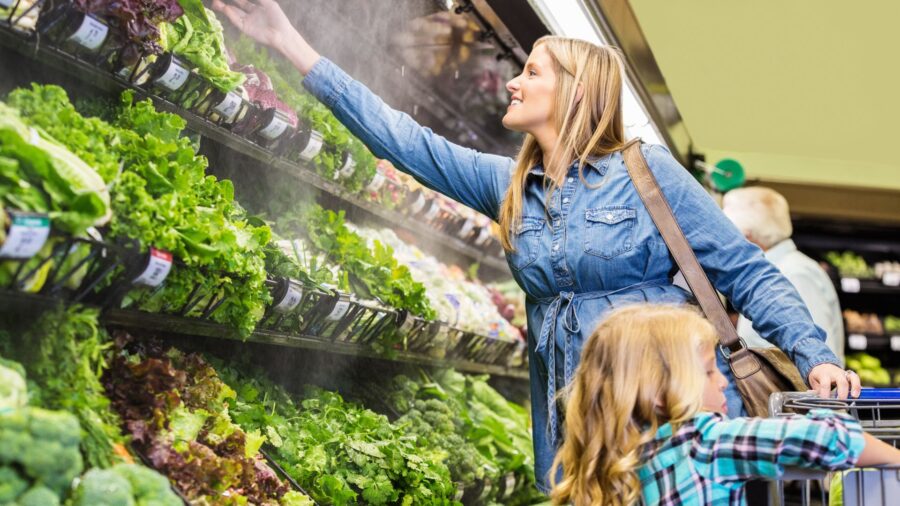Inflation is on the rise, the economy is in a downturn, and consumers have returned to shopping in-person in pursuit of discounts—all of which spells trouble for instant-delivery companies.
During the early days of the pandemic, the future of instant delivery looked bright. With millions of people confined to their homes, delivery apps like DoorDash, Instacart, and Uber Eats saw unprecedented exponential growth.
The momentum continued into 2021, with nearly $10 billion in venture capital being poured into quick commerce companies like Gopuff and Getir, according to Pitchbook Data.
Gopuff alone raised $3 billion in venture capital during the first two years of the pandemic, acquired established alcohol retailer BevMo!, and expanded into Europe after buying two smaller competitors. By 2021, Gopuff’s valuation was $15 billion.
But as Covid concerns have moderated, so has the market for instant delivery.
Weekly online grocery ordering fell from 29% in October 2021 to 18% in April 2022 among high-income households, a key demographic for the instant delivery sector, according to data from Morning Consult. The number of parents with kids at home ordering delivery also fell 9%, and millennials and urbanites both dropped 7%.
Analysts believe that inflation and the state of the U.S. economy are contributing to the decline in demand.
“With ongoing economic uncertainty, consumers are looking to save on delivery or service fees,” Emily Moquin wrote in the Morning Consult report. “Even if there are no fees for online orders, shoppers may feel like they can get better deals and save more by shopping in-store.”
And while consumers’ willingness to splurge on delivery is in decline, Gopuff has raised their delivery fees to stay afloat. The instant delivery company also laid off 3% of its employees in March, another 10% in July, and as many as 250 people this month.
Gopuff has withdrawn entirely from Spain and France and put IPO plans on hold. Instacart is doing the same, shelving plans to go public until at least next year. In a memo to staff, CEO Fidji Simo cited the “extremely tumultuous” market as the reason, reported Bloomberg.
Meanwhile, the market value of DoorDash, which went public in December 2020 during the Covid delivery boom, has fallen 67% this year. Uber Technologies also dipped in market value, falling 33% in 2022.
In March, Getir had raised $768 million that put the company’s valuation at $12 billion. Two months later, Getir announced it would be laying off 14% of its global workforce—more than 32,000 employees—reported Freight Waves.
Clearly, no company is immune to the pressures of the contracting instant delivery market. DoorDash, Instacart, and Uber Eats have pivoted to focus on selling advertising and evolving into their own retail media companies to generate higher-margin revenue.
The instant delivery problem has proven notoriously hard to solve—perhaps now is not the right time to try and crack the code.












